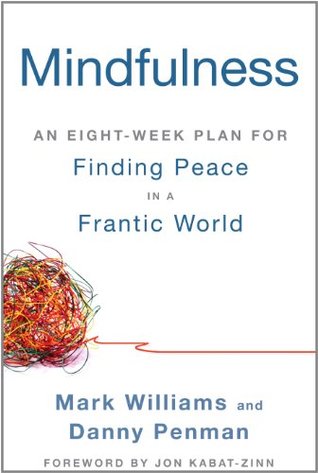More on this book
Community
Kindle Notes & Highlights
Started reading
October 17, 2019
as people continue to meditate over several years, these positive changes alter the physical structure of the brain itself.7 The emotional thermostat is fundamentally reset—for the better. Given time, this means that you’re more likely to feel happy, rather than sad, increasingly likely to live with ease, rather than be angry or aggressive, and be energized, rather than tired and listless. This change in the brain’s circuitry is most pronounced in a part of the brain’s surface known as the insula, which controls many of the features that we regard as central to our humanity (see the next box,
...more
meditation focusing on loving-kindness for the self and for others boosted positive emotions that then led to a sense of having a greater zest for life. After just nine weeks of training, meditators developed an increased sense of purpose and had fewer feelings of isolation and alienation, along with decreased symptoms of illnesses as
eight-week mindfulness-based cognitive therapy (MBCT) course—which lies at the heart of the program in this book
Mindfulness has been found to boost resilience—that is, the ability to withstand life’s knocks and setbacks—to quite a remarkable degree.
What is it that makes “hardy” people able to cope where others might wilt? Dr. Suzanne Kobasa at City University of New York narrowed the field down to three psychological traits that she termed control, commitment and challenge.
They found that their lives had more meaning and that challenges should be seen as opportunities rather than threats.


